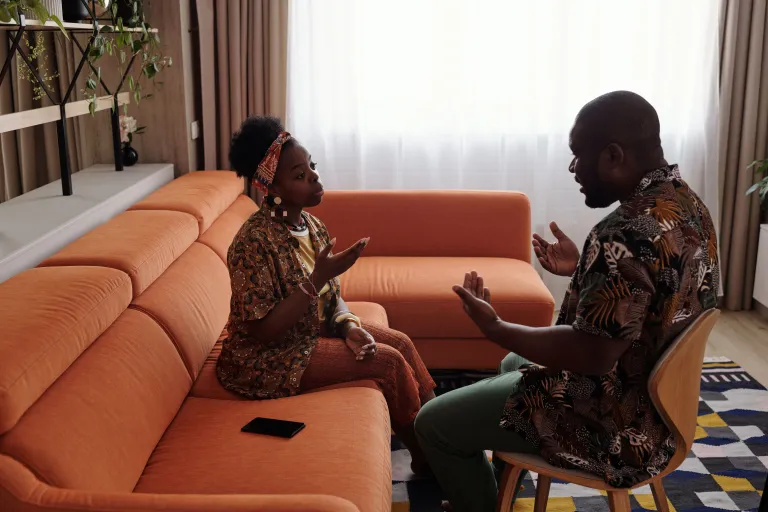
Racial trauma is the mental and emotional distress that comes from the repeated experience of racial, ethnic, or religious discrimination. Put simply, racial trauma can be caused by discrimination of any type. Like any kind of trauma, racial trauma can have a profound impact on our relationships with our friends, family, partners, and ourselves.
What is racial trauma?
Racial trauma is the mental and emotional distress that comes from the repeated experience of racial, ethnic, or religious discrimination. It can be experienced by individuals, families, or even communities. Racial trauma does not have to be a first-hand experience and may have been passed down through the generations. Like with any trauma, racial trauma can be caused through emotional, physical, or psychological damage.
What causes racial trauma?
There are many causes of racial trauma. Put simply, racial trauma can be caused by discrimination of any type. It could include things like microaggressions, exclusion, or experiences of extreme violence and abuse. Racial trauma might be caused by one significant event, or a series of smaller instances that last for years. Regardless of the trigger, the result can be soul destroying and leave us questioning our own identity. Whilst the damage of a single significant incident might be easy to understand, the impact of smaller, repeated acts of discrimination might be stronger, deeper and longer lasting.
What does racial trauma look like?
Someone who is experiencing racial trauma might show the symptoms associated with any kind of trauma. They might seem angry, withdrawn, depressed, caught up in their own thoughts, and/or paranoid. They might have low self-esteem. They might also be over-sensitive to problems that arise in their day to day lives.
How does racial trauma impact relationships?
Like any kind of trauma, racial trauma can have a profound impact on our relationships with our friends, family, partners, and ourselves. In cross-cultural or interracial relationships, the person experiencing racial trauma might feel like their partner will struggle be able to understand what they’re going through. This can be alienating and make relationships a lonely place. This is complicated in relationships where intersectionality is a factor, where someone exposed to multiple different types of discrimination such as being black and gay or disabled and transgendered.
Any trauma, be it racial or otherwise, can divide a relationship.
Support for racial trauma
Our counsellors are trained to work all kinds of issues, regardless of whether they've lived through them themselves. And many of our counsellors have years of experience working with people experiencing trauma. We’re also currently developing further training for our counsellors on the specific challenges racial trauma presents.
We have counsellors from a range of backgrounds, and we'll do our best to match you with someone best placed to support you. If racial trauma is one of your main reasons for seeking counselling, we encourage you to mention this during your initial assessment. That will help your counsellor to ensure they're best prepared to support you ahead of your counselling journey. If being guaranteed to be able to work with a person of colour is important to you, you may also want to check in with our friends at the Black, African, and Asian Therapy Network (BAATN).
The Stronger Relationships Program from REF
The transformative "Strengthening Families, Strengthening Communities: Stronger
Relationships programme" is a free online course designed for Black, Asian, and minority
ethnic parents, living together or apart.
Learn to manage conflicts and strengthen your parent-child bond. Acquire skills to handle
stress and create effective parenting agreements. The programme fosters a sense of
community through engaging group discussions with experts and fellow parents.
Register for the Stronger Relationships programme at https://strengthening-families.net/
for a harmonious and loving family environment.